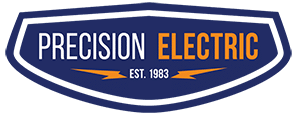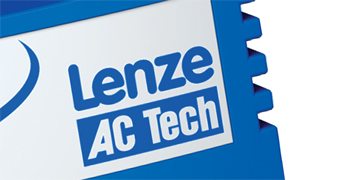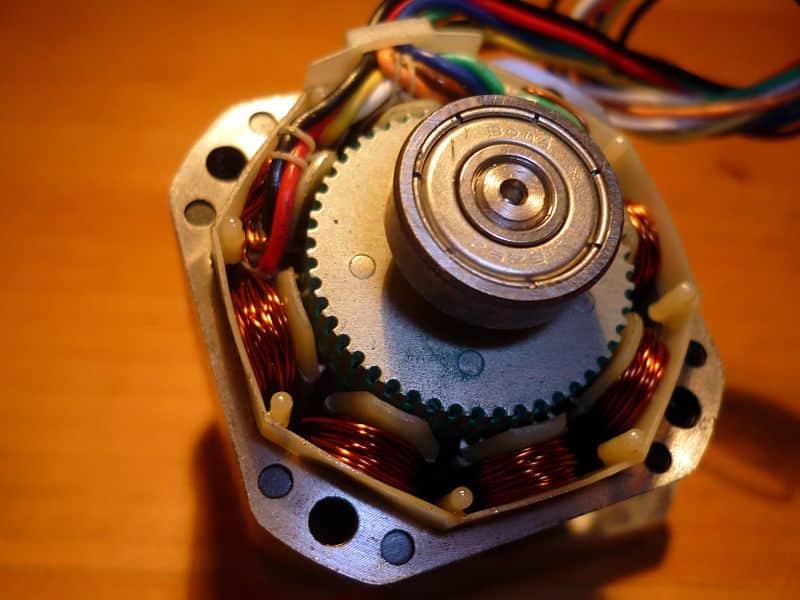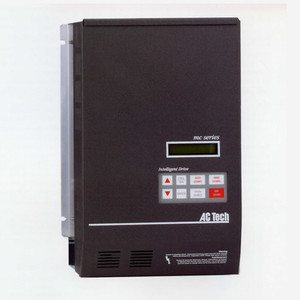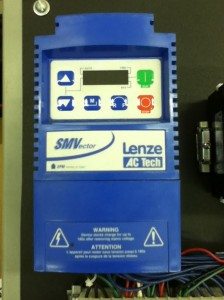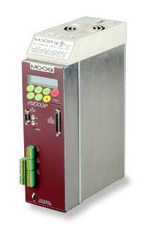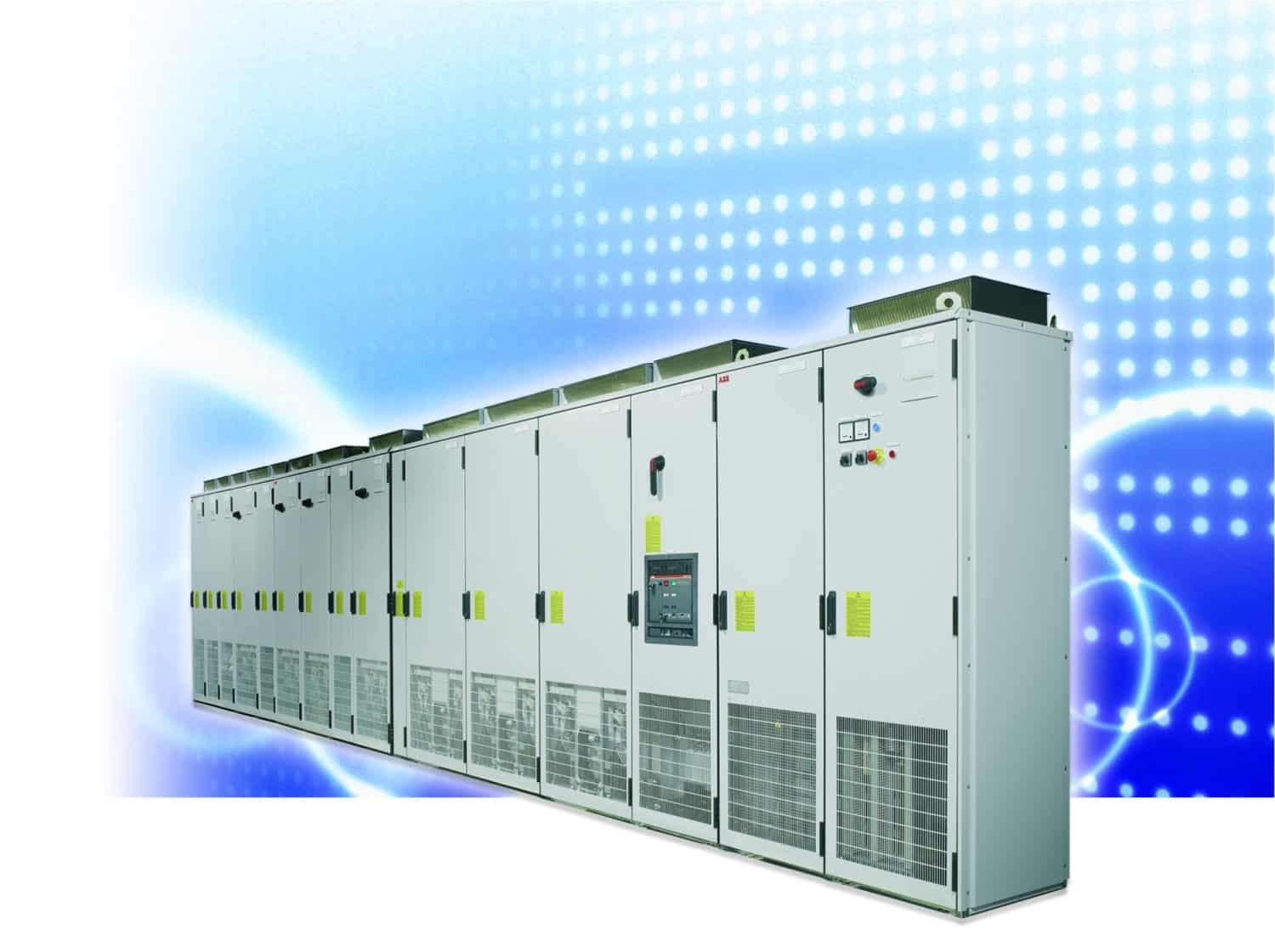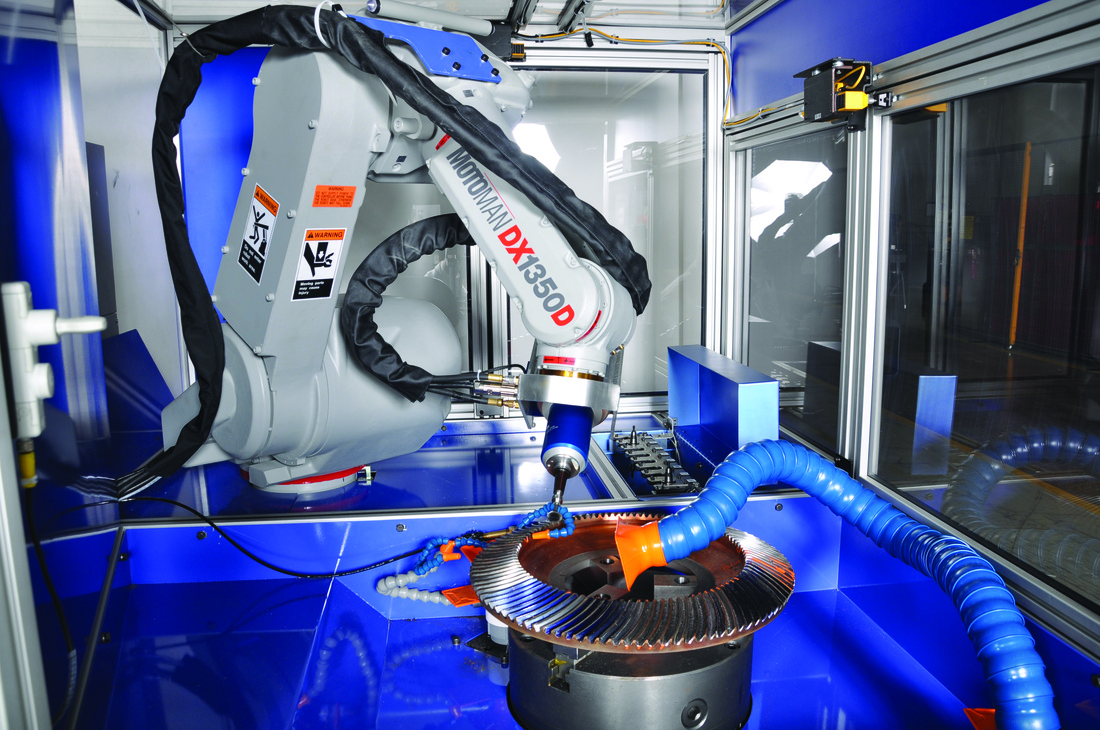Eaton Motor Control Centers
 The world is more energy conscious these days. But unlike manufacturers, most of the world does not pay a utility bill that rivals the cost of a four bedroom home. Manufacturers need to know where energy is being expended in their facility and how tomake it more of an asset and less of a liability. It starts with the right products in the right places.
The world is more energy conscious these days. But unlike manufacturers, most of the world does not pay a utility bill that rivals the cost of a four bedroom home. Manufacturers need to know where energy is being expended in their facility and how tomake it more of an asset and less of a liability. It starts with the right products in the right places.
Whether you are looking for a special piece of gearto help identify energy loss, or a full blown solution for asset optimization, Eaton Motor Control Centers(MCC) offer a wide range of solutions.
Each Eaton Motor Control Center (MCC) product is rated on how much it enhances efficiency and saves in time of use, energy demand, penalties andvalidation processes. When you bundle products, you bundle savings. Grouping energy-saving motor control, associated control and distribution equipment together saves time, money, hassle and space. Eaton Motor Control Centers(MCC) are specially designed to operate machinery and industrial processes. Through eight regional U.S. service centers, Eaton Motor Control Centers can be customized to meet your demands and exact requirements.
History of Motor Control Centers
 Nearly 70 years ago, Westinghouse and Eatons Cutler-Hammer low voltage motor control center (MCC) assemblies were introduced to the marketplace. This innovation provided for the first integrated assembly of distribution equipment and motor control products into a single lineup. The Eaton Motor Control Center(MCC) products enable the group mounting of low voltage (600V class) electrical controls, and allows for safe supervision and operation of motor starter units, feeder breakers and metering equipmentin a flexible structure arrangement at a centralized location. Eaton has maintained an industry-leading position in Motor Control Center technology through both its Cutler-Hammer products and the purchase of the Westinghouse Distribution and ControlBusiness Unit (DCBU) in 1994.
Nearly 70 years ago, Westinghouse and Eatons Cutler-Hammer low voltage motor control center (MCC) assemblies were introduced to the marketplace. This innovation provided for the first integrated assembly of distribution equipment and motor control products into a single lineup. The Eaton Motor Control Center(MCC) products enable the group mounting of low voltage (600V class) electrical controls, and allows for safe supervision and operation of motor starter units, feeder breakers and metering equipmentin a flexible structure arrangement at a centralized location. Eaton has maintained an industry-leading position in Motor Control Center technology through both its Cutler-Hammer products and the purchase of the Westinghouse Distribution and ControlBusiness Unit (DCBU) in 1994.
Eaton continues to support every vintage of motor control center ever produced by Westinghouse and Cutler-Hammer dating back to the 1930’s. Eaton takes great pride in aftermarket products and continue to invest in upgrading the technology and maintaining the quality and reliability of these products to ensure best-in-class performance for the customer base using their equipment in production.
When its all said and done, manufacturers want more than to just make it through next year in their facilities. Manufacturers need to excel in operations and save wherever possible, and it can be done; Energy, Money, Manpower, Headaches, Hassles and those Unrelenting Regulations. Dont overlook the importance of partnering with a company that can help you get the power infrastructure you need to do the job you love. Eaton Motor Control Centers(MCC)have vast solutions that can leverage to make the most profits with equipment in production.
To learn more about Eaton Motor Control Centers, or to download technical documentation, visit the Eaton Website.
For Eaton Motor Control Center Repair Quotes or Replacement Quotes, contact Precision Electric, Inc.
Page References:
- http://www.eaton.com/Eaton/index.htm
- http://www.eaton.com/Eaton/ProductsServices/Electrical/Support/index.htm
- http://www.eaton.com/Eaton/ProductsServices/Electrical/ProductsandServices/ElectricalDistribution/MCCs/index.htm
